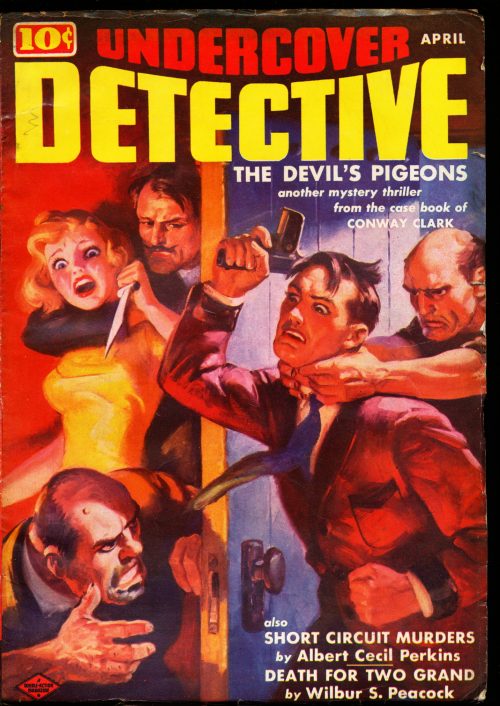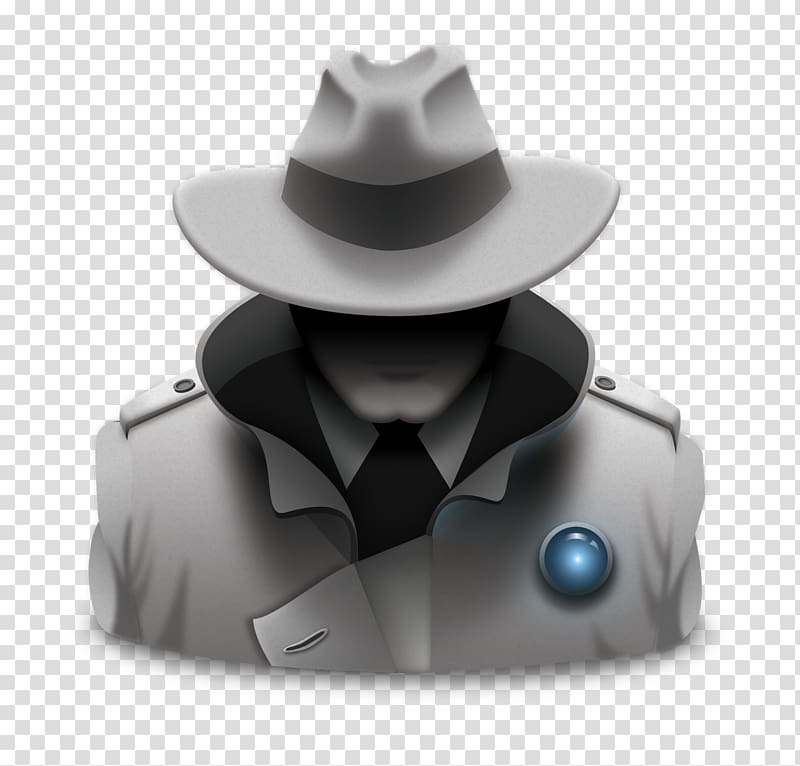

For example, they may have to join a drug trafficking group to learn about how the organization moves its cargo and distributes the merchandise, or they may be tasked with getting close to the leader of a crime ring to gather evidence to prosecute them. Infiltrating criminal groups is one of the most prominent missions of undercover law enforcement agents. Whether you trying to solve embezzlement cases, insurance fraud or government fraud, an undercover agent can help gather evidence needed to arrest the culprit. Undercover law enforcement agents also use a wide range of investigative tools that can provide leads and make the search easier. Whether an individual was kidnapped or vanishes without telling anybody their destination, it can be easier for an undercover agent to find missing persons when they don't reveal their identity as a police officer.

To do this, agents must gain other employees' trust to find the culprits. For example, an undercover police officer can join a company's staff to identify people stealing merchandise or sharing company trade secrets with a competitor. Undercover agents can also help organizations identify dishonest or malicious employees sabotaging their business. This equipment allows investigators to gather evidence discreetly, especially when they are close to a contact who does not know they're working on an undercover mission. Undercover agents carry out electronic surveillance operations that may involve using body-worn audiovisual equipment like miniature microphones or video cameras. Depending on the severity of the case they're solving, they may even need to pretend to be part of a criminal network. For example, undercover investigators may need to learn a different language, rent a new home, take up a new name or spend time away from family to solve a crime. You may have to maintain this identity at varying levels of dedication, depending on the length and complexity of the undercover mission. One of the basic duties of undercover law enforcement agents is to adopt a false identity. Common responsibilities for an undercover police officer include: Adopting a false identity However, they may need to engage in several activities to achieve their goals.

The primary duty of undercover law enforcement agents is to solve crimes. Related: 20 Careers in Law Enforcement What does an undercover law enforcement agent do? Candidates must be skilled in firearms use, be in good physical shape and possess the temperament and personality for the job. They may also have to keep detailed records of their findings for administrative purposes and to support the prosecution's case in court.īecoming an undercover agent requires more training than regular law enforcement duties. Undercover law enforcement can serve as expert witnesses during court cases. The job of an undercover agent sometimes requires taking up false identities, and it can involve joining crime syndicates that require meticulous intelligence gathering to find hard evidence to prosecute criminals. Undercover police officers perform a wide range of secret investigations to identify criminals, solve cases or break up organized criminal organizations. They are also called plainclothes police officers because the people they often typically perform their duties out of uniform. What is an undercover cop?Īn undercover cop is a law enforcement officer who performs their duties while concealing their identity as an agent of the law.

UNDERCOVER DETECTIVE CALLED HOW TO
In this article, we discuss how to become an undercover police officer, the responsibilities of the job, their average salary and the skills they need. Understanding how to become an undercover agent and the duties of the position can help you decide whether this is the right profession for you. They are vital to the operation of law enforcement agencies and can work at the local, state and federal level. Undercover law enforcement agents carry out covert investigations to prevent criminal activities and gather evidence to solve crimes.


 0 kommentar(er)
0 kommentar(er)
